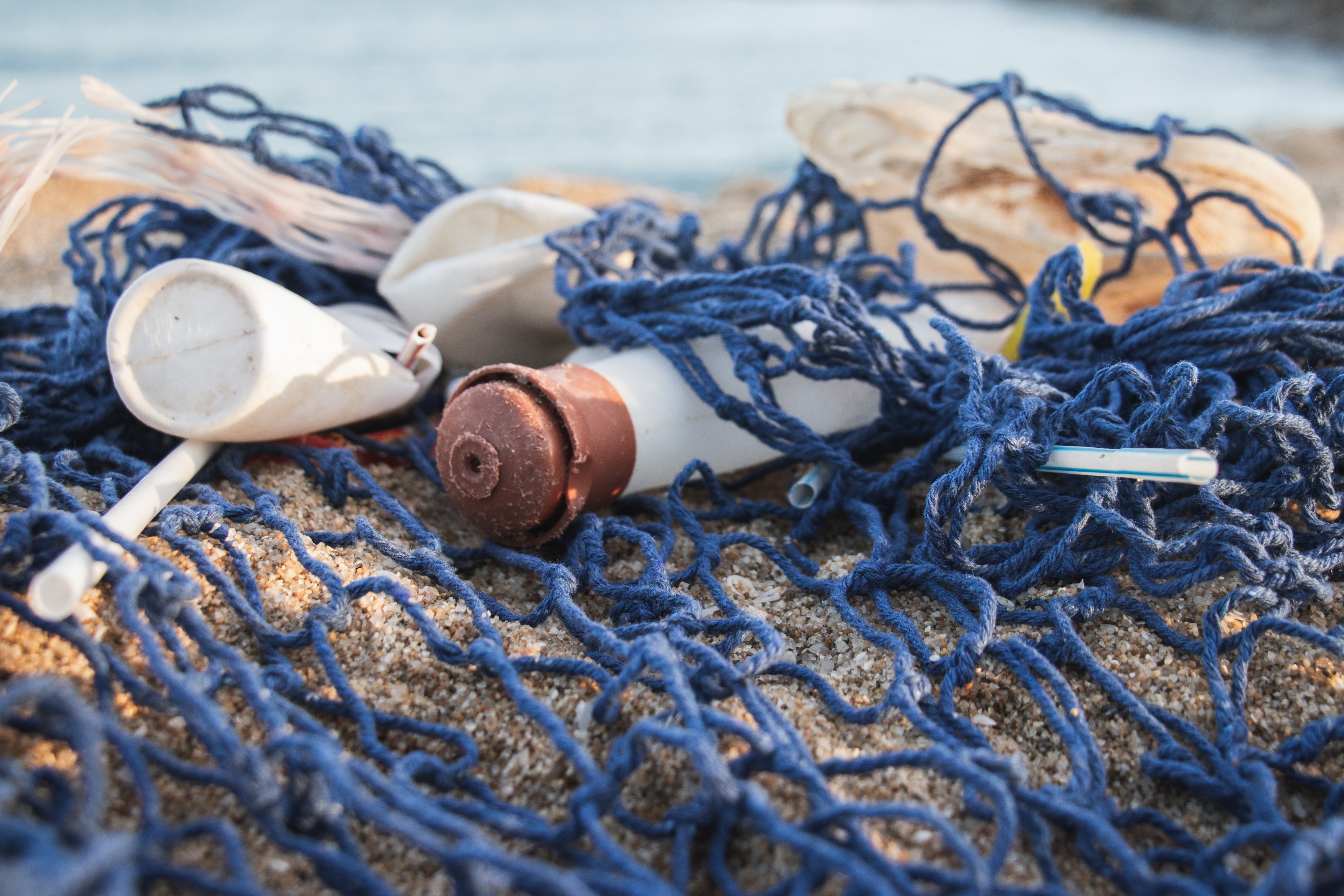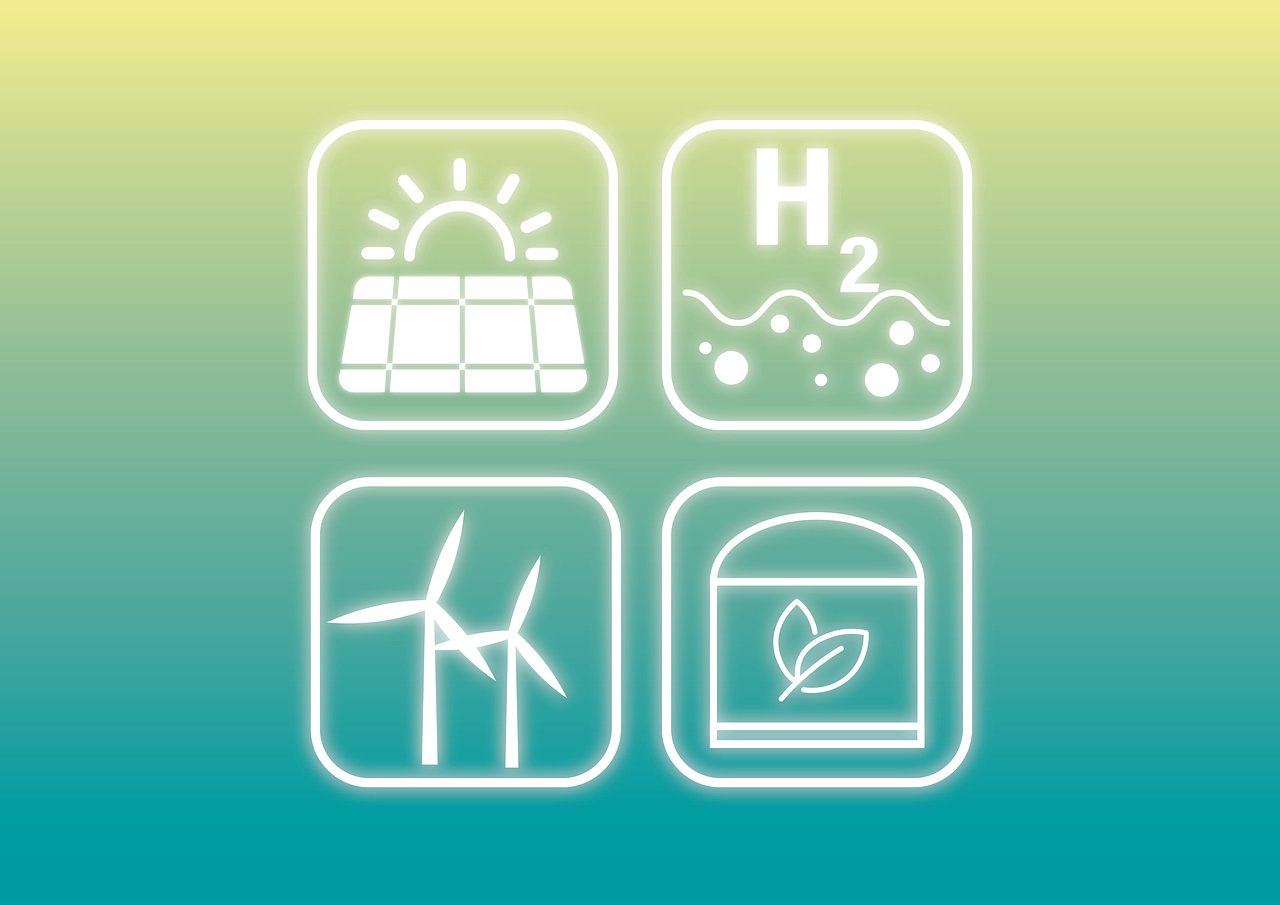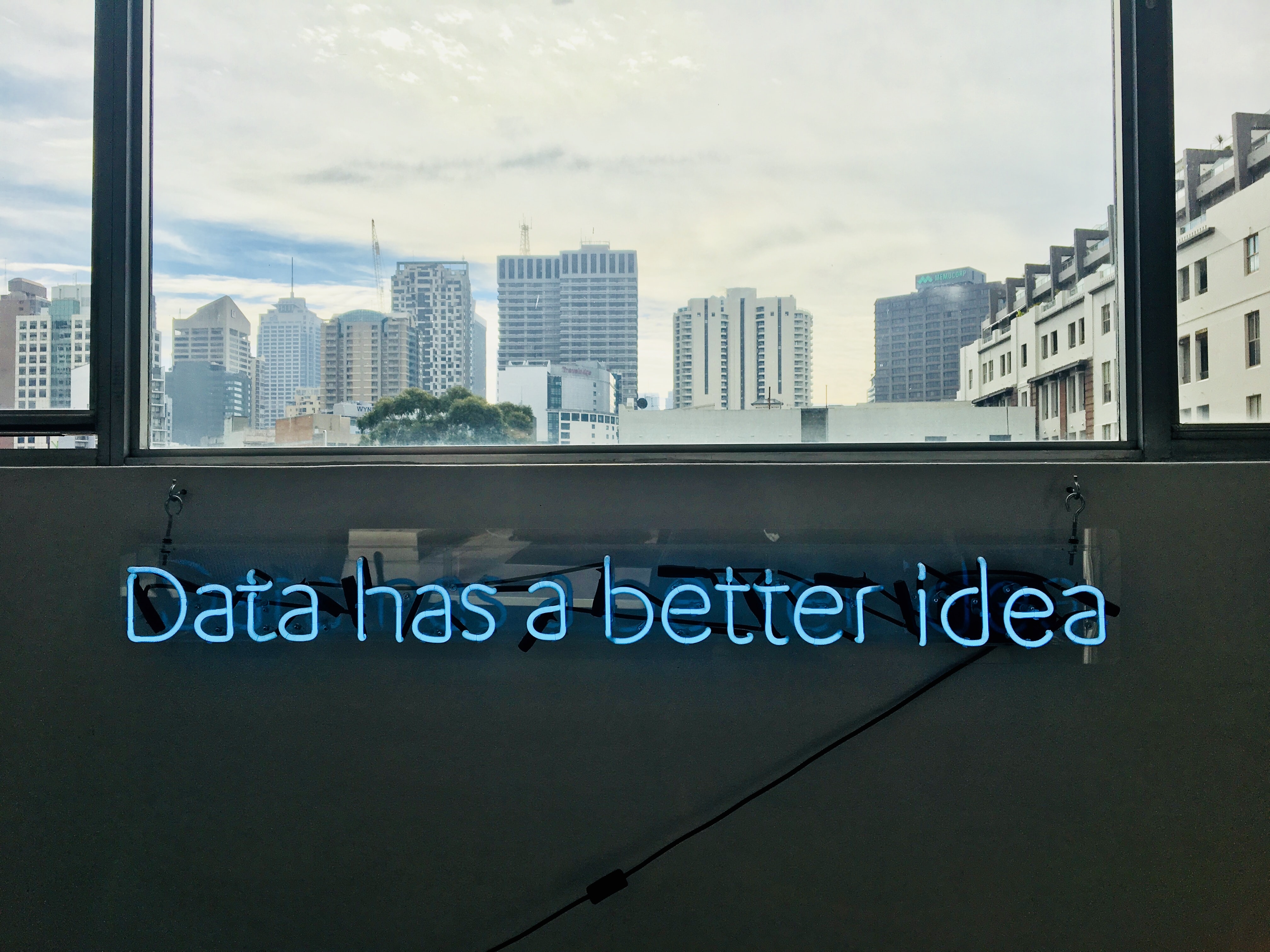Understanding Ocean Governance in Israel

Share this Post
Last year, Hendrik Schopmans participated in the Fellowship program of the Israel Public Policy Institute (IPPI) in cooperation with the Heinrich Böll Foundation Israel and the Israeli Ministry of Environmental Protection
Plastic waste, overfishing, acidification, coral extinctions – the list of damage human activities are causing in the fragile ecosystems of the oceans is steadily growing. Already during my master’s program in Oxford, I was fascinated by the question of how states can work together to better protect our oceans from these transnational challenges. After graduating, I saw the call for applications for the Fellowship program “Environmental Innovation – German-Israeli Perspectives”, which is executed by the Israel Public Policy Institute (IPPI) in cooperation with the Israeli Ministry of Environmental Protection and the Heinrich Böll Foundation Israel. I was positive that the program would provide me with the ideal combination of independent research and direct exchange with decision-makers in gather first-hand professional experience in this issue from within a new and exciting political and cultural context.
After having arrived in Tel Aviv, I was initially positively surprised by the versatility, flexibility and freedom provided by the Israel Public Policy Institute (IPPI). With regard to my research project, the goal was to identify a common environmental challenge shared by Israel and Germany and then to shed light on their respective strategies to tackle the aforementioned challenge and derive ‘best practices’ and ‘lessons learned’ respectively. The comparative approach suited my research on marine conservation, well as Israel is in the midst of devising a comprehensive national strategy to arrange its maritime space in the aftermath of the discovery of the natural gas fields off its shores. Through the IPPI’s network with policy makers in Israel, I was able to directly engage with experts from the Ministry of Environmental Protection, the Ministry of Energy and other relevant non-governmental organizations, which gave me a differentiated picture of Israel’s specific obstacles in pursuing a more sustainable approach to its maritime resources.
Based on my interviews and an analysis of Germany’s work and experiences in the area of maritime policy, my policy paper finally aimed to develop concrete policy recommendations for Israel. My conclusion was that Israel’s maritime policy could benefit from a clear definition of the responsibilities of the various ministries, greater promotion of marine research and the designation of protected areas, as well as the development of maritime spatial planning that harmonizes competing usage claims.
In addition to the implementation of my own research project at the IPPI, I was actively involved in the work of the partner organizations during the Fellowship program. In the assignment of tasks, the program coordinators put great emphasis on my interests. In the Israeli Ministry of Environmental Protection, for example, I immediately assumed responsibility in the Department of Multilateral Environmental Agreements for the substantive preparation of the Israeli delegation to the UN World Ocean Conference in New York, which took place in June 2017, a task that was perfectly in line with my interests in international maritime policy. Working in the ministry enabled me to engage closely with Israeli marine conservation decision-makers and experts, which allowed me to gain valuable insights into my own research project. Another focus of my work was in the office of the Heinrich Böll Foundation in Tel Aviv. Here, my main task was to write longer analyzes on current political developments in Israel. In my opinion, the work at the Heinrich Böll Foundation was a good balance to the subject-specific research within the scope of my work in the Ministry as well as the policy paper: by writing the analyzes and participating in events I able to delve into the political and social debates in Israel.
Overall, the Fellowship program has not only enabled me to get to know Israel culturally and better understand its politics, but also to gain a new perspective in my field of research. I believe that the IPPI Fellowship presents a great opportunity for young professionals who want to gain sound work experience in a policy-oriented environment, and at the same time want to develop important insights in their field of research by working with Israeli experts. For me, the Fellowship has paid off directly with regard to my further career: directly after my return from Israel, I took up a position as a research associate at the Institute for Advanced Sustainability Studies (IASS) in Potsdam, where I continue to work at the interface between research and policy in the area of marine protection.
Israel Public Policy Institute (IPPI) serves as a platform for exchange of ideas, knowledge and research among policy experts, researchers, and scholars. The opinions expressed in the publications on the IPPI website are solely that of the authors and do not necessarily reflect the views of IPPI.
Share this Post

Energy transition in Germany: What role for "Green Hydrogen"?
Authors: Michael Fehling and Larissa Bahmer Introduction In the quest for ‘climate neutrality,’ hydrogen gas (H2) has become…

Utopian or Dystopian: What does the Future of Data-Driven Government Hold?
Proliferation of data-science fields has improved the daily lives of people across the globe, offering tools to improve…

Data, Algorithms, and Ethics: Calculating instead of deciding
Data and Algorithms “Under the modern conditions of data processing, the free development of personality presupposes the protection…
